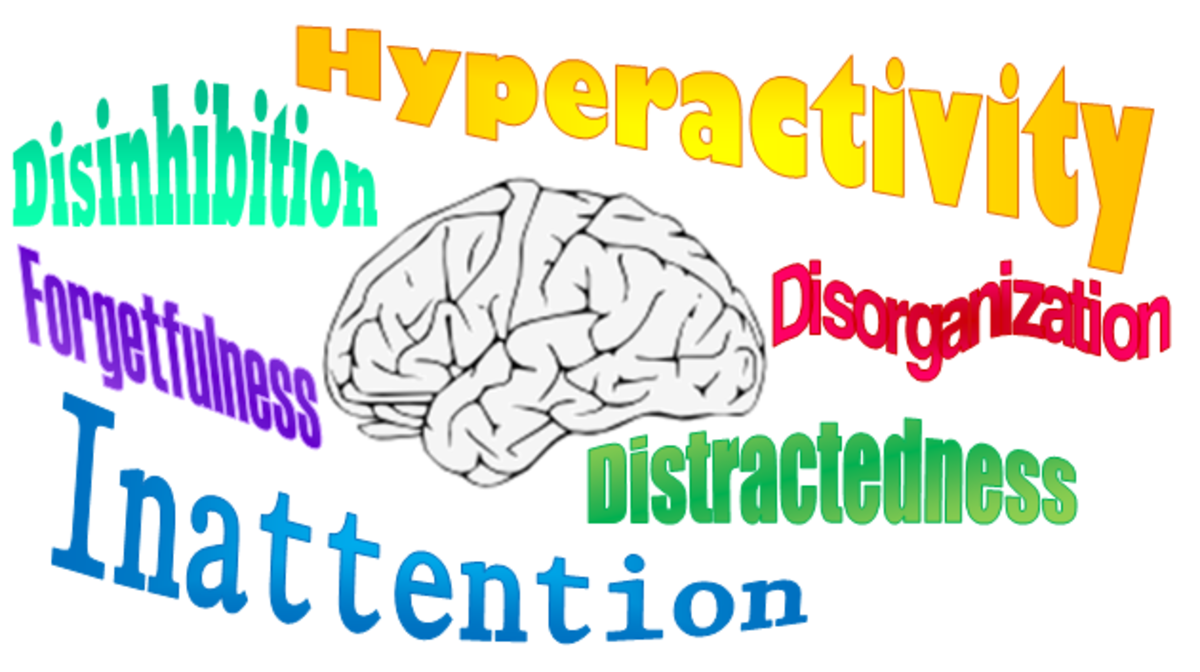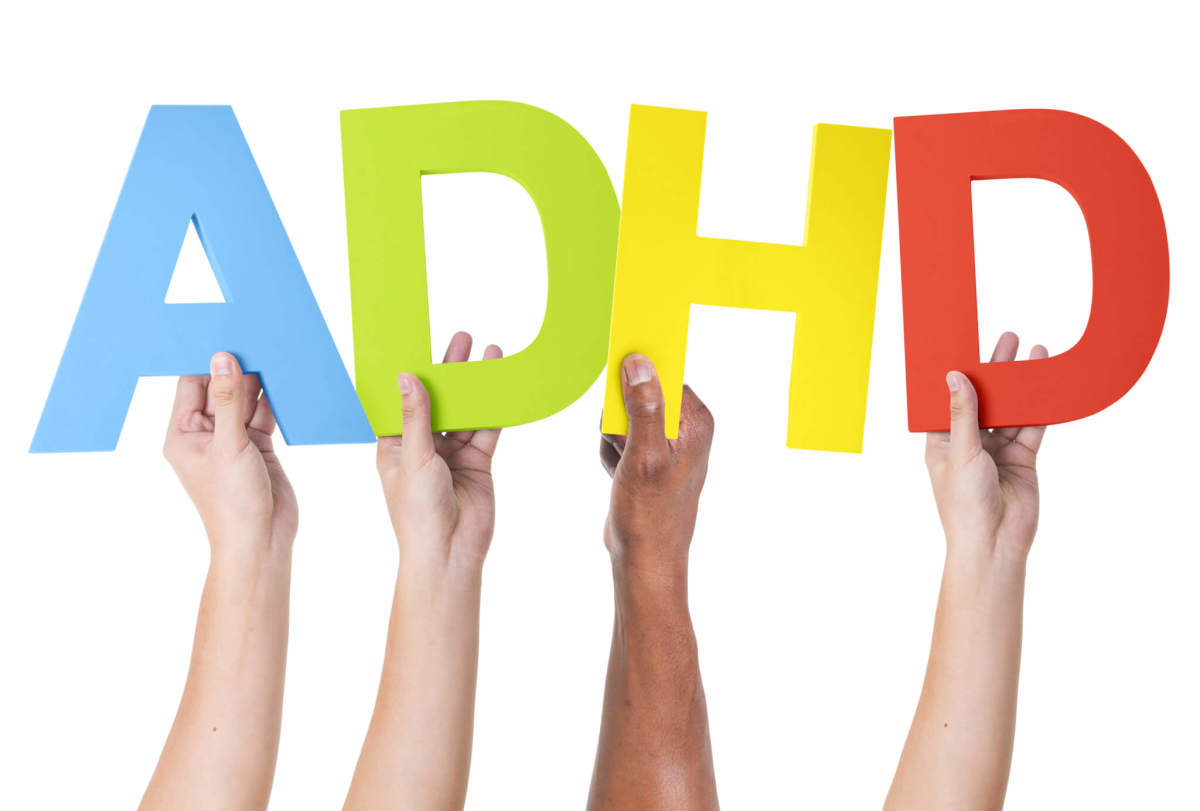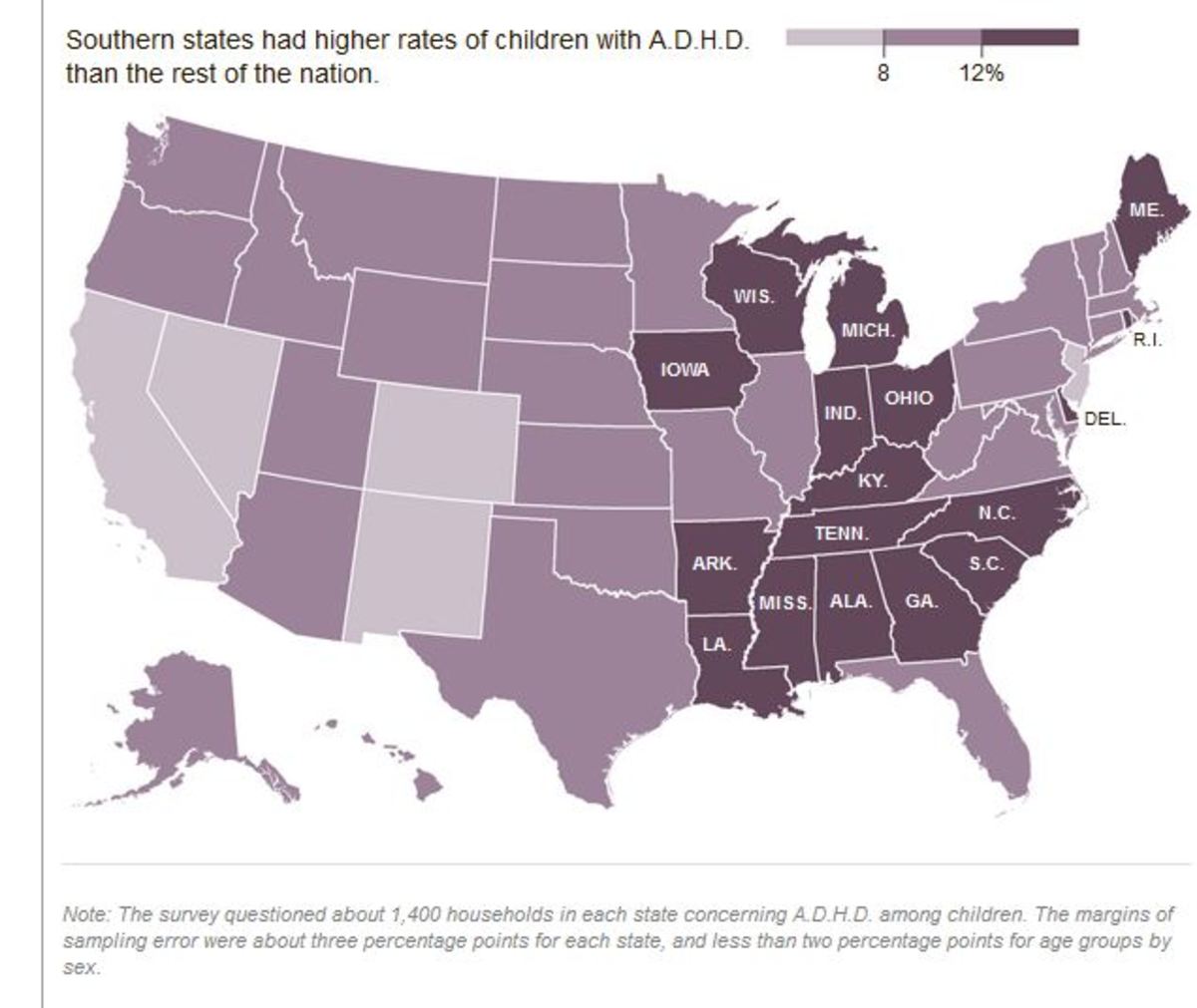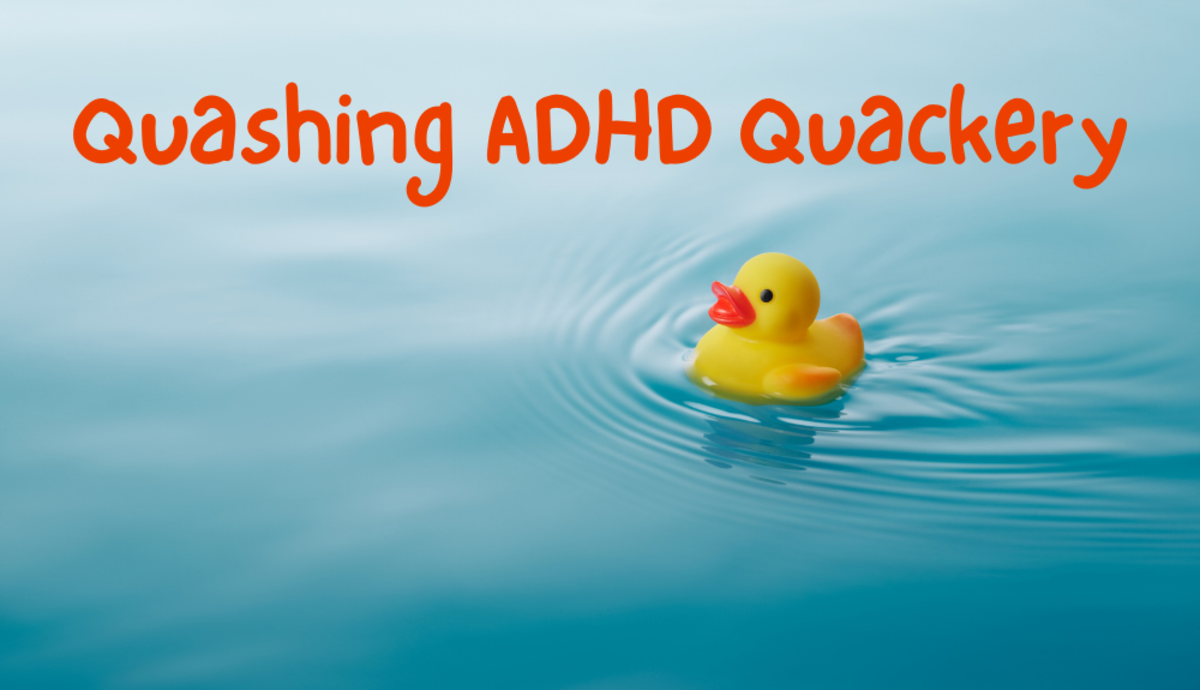What Is ADD
What is ADHD and ADD
Attention Deficit Disorder, or ADD, is a condition in which a person has an above average propensity toward being distracted. Despite popular conventional wisdom, this heightened sensitivity to distractions can occur with or without hyperactivity. This misconception is an unfortunate side effect of an effort by the medical industry to increase awareness of the condition, particularly among young people.
There are actually three different clinical types of ADD, with hyperactivity, without hyperactivity (also known as passive), and hybrid, or a mixture of the two other types. However, there were increasing concerns within the medical profession that, children in particular, were being misdiagnosed. This was due to many practitioners seeking out information on the most visible outward symptom of the most common form of ADD. That symptom is of course hyperactivity.

ADD vs ADHD
In order to ensure that more clinical professionals and doctors would find, and thus research, Attention Deficit Disorder, the word Hyperactivity was added to the official name. Obviously, this caused the acronym to change to ADHD. Thus, today, people are often confused by the terms ADD and ADHD. Many people wonder what the difference is between ADD and ADHD. The answer Is that there is no difference. Technically, there is no such thing as ADD anymore. It’s clinical name is Attention Deficit Hyperactivity Disorder.
ADHD / ADD is frequently mis-portrayed in both the news media and the entertainment media. Both have a tendency to play up, to comical levels, the elements of ADD as originally reported by journalists who didn’t have the time or inclination to understand the nuances that are a part of ADHD-ADD.
As a result, the general population has the misconception that ADD-ADHD means that a kid can’t sit still in a classroom. While this stereotype CAN be part of ADHD and ADD, it is by no means the only way in which it exists. For many children and adults with ADHD, the restlessness that comes from over sensitive distractibility exists not as fidgeting or jumping up and down, but rather as the mind wandering to other things.
One of the most difficult tasks in explaining ADD is differentiating between the typical distractions and boredom that everyone has at some times during their life, and the heightened or overly developed nature of these states in people with ADHD. Often, the best way to handle this is to provide examples of what it is like to have ADD ADHD. In reviewing these examples, people can then begin to see how the nature of ADHD extends beyond just being bored sometimes in boring situations.
Recently neurologists and other scientists have uncovered data showing that there may be a difference in the way people with ADD and ADHD process information in the brain based on PET scans and other brain imaging technology. Researchers have also recently determined that people with ADHD are more likely than those without to have a deficiency of a certain type of Omega-3 fatty acid even if their intake is normal. More research is necessary to determine either baseline testing or other measurements, but for now, these indicators point to possible sources of ADHD, and perhaps in the future new ways to test for, or treat ADD.








